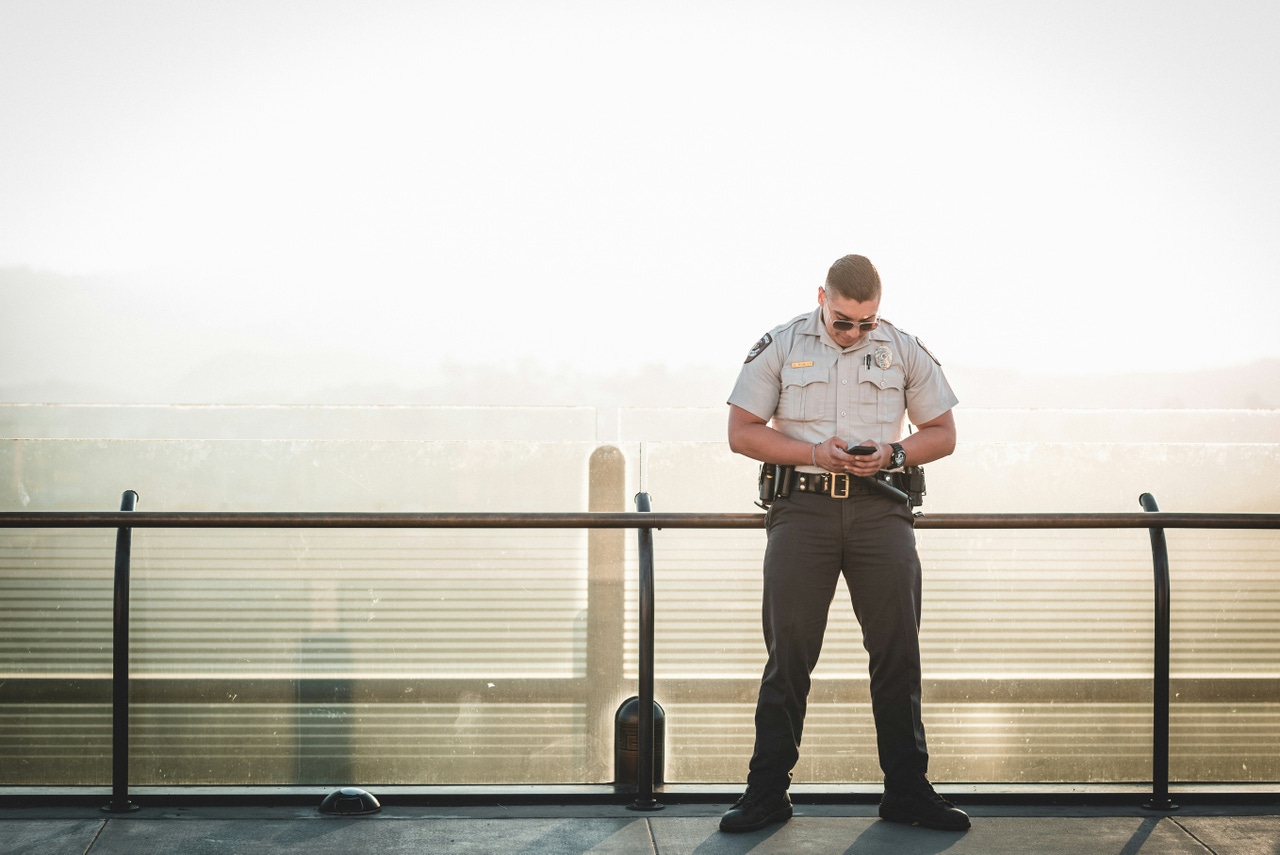Mind the Gap: Why Seasoned Event Organizers Recognize the Need for Guard Force Oversight and ManagementMind the Gap: Why Seasoned Event Organizers Recognize the Need for Guard Force Oversight and Management
Improve your event security with these tips

At a Glance
- The challenges of uniformed guard forces
- Adapting to reality: bridging the gap
- Fostering unity among security teams
Uniformed guard forces are an essential part of event security, but their challenges in the U.S. are well-documented. Low wages, high turnover, inadequate training, and limited regulation have fostered an industry that prioritizes cost-cutting over professionalism. Seasoned event organizers increasingly recognize a troubling reality: while uniformed guards are necessary, they often fail to meet the professional standards required for high-profile events.
Event organizers understand that success doesn’t lie in "fixing" guard forces but rather in adapting to their limitations. By acknowledging these shortcomings and investing in solutions, organizers not only secure their events but also protect their reputations. A proactive approach provides oversight, fosters inclusion, supplements expertise, and ensures accountability. By catching discrepancies and avoiding hidden costs, such as paying for services not delivered, clients can save significant amounts of money.
The Challenges of Uniformed Guard Forces
Event organizers regularly encounter several recurring issues:
Minimal Training: Guards often receive only basic training, lacking critical skills like threat detection, conflict resolution, and surveillance awareness necessary for modern event safety.
Unlicensed or Unqualified Personnel: Many guards are deployed without proper licensing or certifications, exposing events to legal and reputational risks.
Poor Representation: Guards often lack professionalism, polished communication skills, and the demeanor needed to engage VIPs, stakeholders, and high-profile guests, leading to a mismatch between expectations and reality.
Staffing Shortages and Billing Irregularities: Guard vendors frequently miss staffing targets—sometimes by over 50%—while billing clients for personnel who are not present.
Unreliable Services: The use of temporary, low-skilled workers creates significant reliability issues. Guards often abandon posts, use cell phones, sleep on duty, and neglect duties, leaving gaps in security.
Hands-Off Policies: Many guard companies enforce a hands-off approach, meaning guards will not intervene during incidents like stage incursions or attacks, leaving events vulnerable.
These challenges stem from systemic industry issues that cannot be fixed in the short term. However, forward-thinking event organizers are bridging the gap by supplementing guard forces with strategic planning and expert oversight.
Adapting to Reality: Bridging the Gap
Instead of overhauling the entire guard industry, experienced event professionals focus on optimizing available resources. While uniformed guards remain a cost-effective solution for basic tasks such as access control and credential checks, their limitations necessitate strategic supplementation. Here’s how event organizers are adapting:
Integrating Professional Security Teams: High-level security professionals are deployed as "zone leads" to oversee and manage specific areas like registration, screening, or main stages. These leaders ensure quality control, guide guards, and foster better communication between teams.
Providing Mentorship and Real-Time Oversight: Guards often want to perform well but lack proper leadership. On-site mentors and supervisors can provide real-time training, guidance, and feedback, aligning guard performance with the event’s goals. This approach also boosts morale by making guards feel valued.
Leveraging Expertise for High-Stakes Roles: Complex tasks such as conflict resolution, threat detection, and incident management are assigned to trained professionals rather than standard guards. This layered approach enhances both security effectiveness and event professionalism.
Preparing for Emergencies: Uniformed guards are often ill-equipped to handle serious incidents. Organizers are addressing this by ensuring experienced personnel are on-site to manage emergencies, from medical crises to security threats.
Mentorship and Oversight: Enhancing the Attendee Experience
Security is the first user experience attendees encounter, setting the tone for the entire event. Poorly trained or disengaged guards can create a sense of unease and tarnish the event’s reputation before it even begins. To counter this, skilled security managers ensure guards maintain a professional demeanor, uphold protocols, and create a welcoming yet secure environment.
Maximizing Security Investments
Event organizers often invest heavily in state-of-the-art screening technology to ensure safety and efficiency. However, without competent personnel operating this equipment, the investment may be wasted. Screening teams require a professional attitude and proper training—qualities that are often lacking in poorly managed teams. Experienced managers bridge this gap by mentoring screeners, reinforcing protocols, and adjusting processes to improve efficiency. This ensures screening technology is used effectively, enhancing both safety and attendee satisfaction.
Fostering Unity Among Security Teams
Fragmentation between guard forces and broader security teams can lead to silos, miscommunication, and clashes that undermine the event’s safety framework. Organizers are addressing this by promoting mentorship and collaboration. When guards feel respected and aligned with the event’s mission, their performance improves dramatically. Through guidance and clear communication, mentorship transforms fragmented teams into cohesive units working toward a shared goal: the success and safety of the event.
A Smarter Approach
Rather than attempting to fix a deeply flawed industry, event organizers are adapting. This pragmatic approach not only mitigates risks but also enhances the overall experience for attendees, stakeholders, and clients. Leveraging high-level security professionals adds cost but builds trust, and allows the event’s focus to remain where it should be—on the guests and their experience. By bridging the gap between uniformed guard limitations and event needs, organizers improve both safety and likelihood of success.






